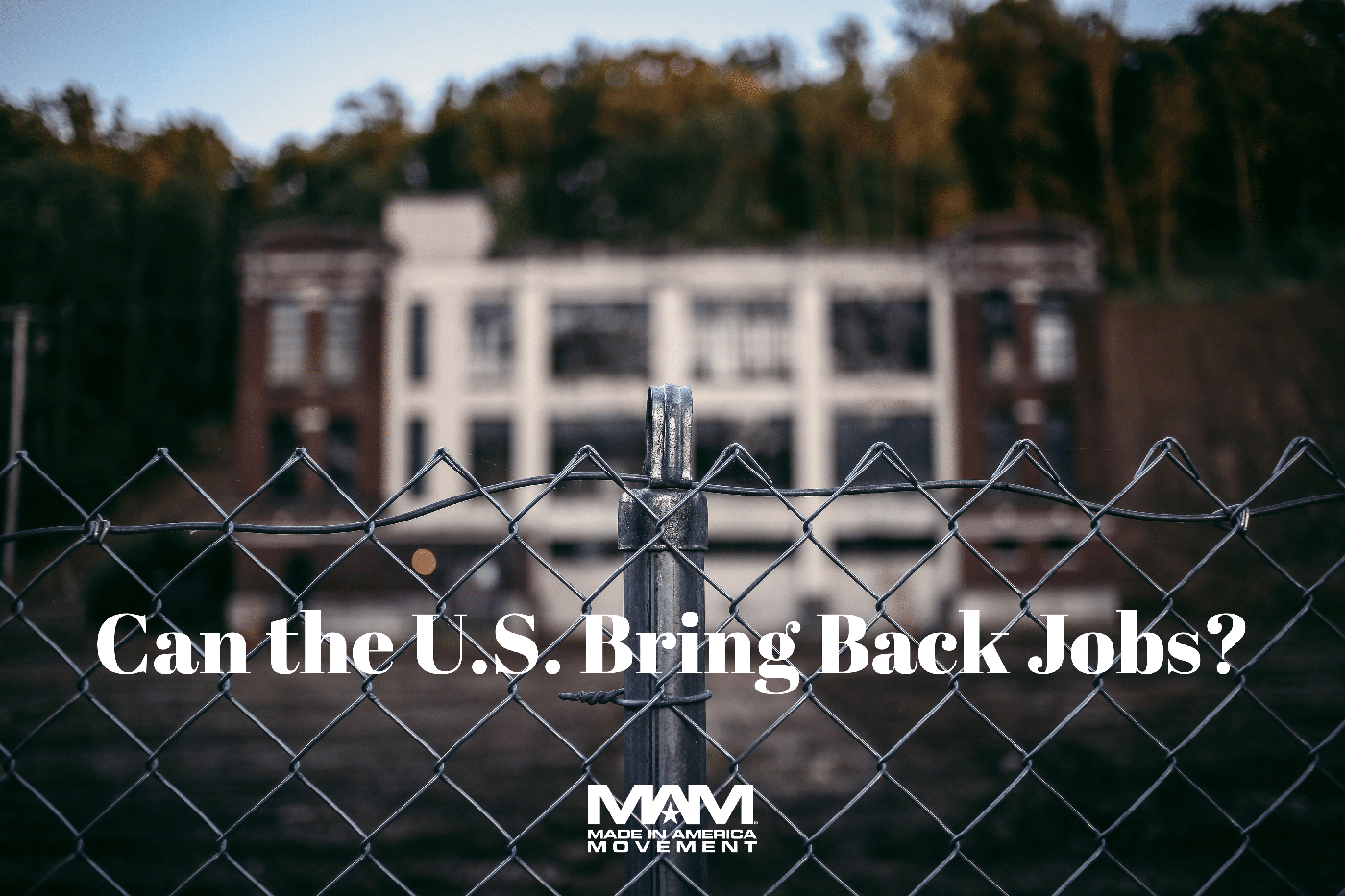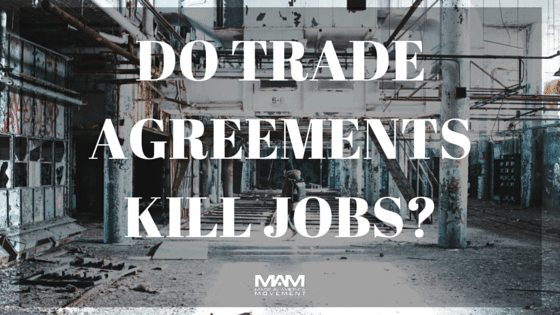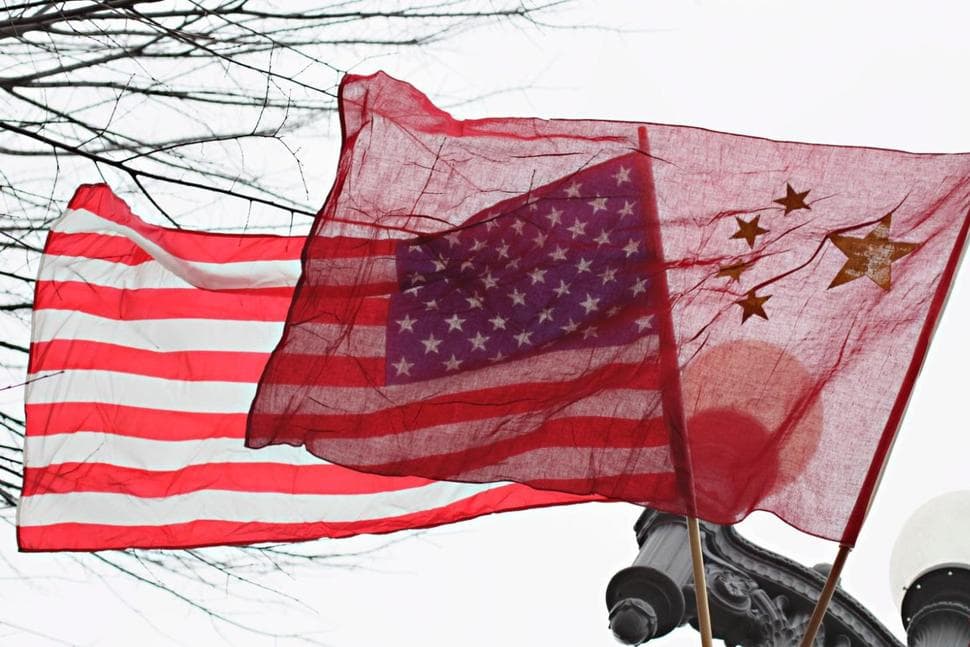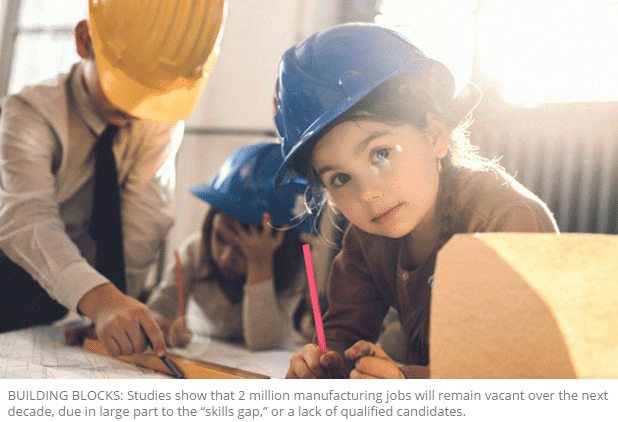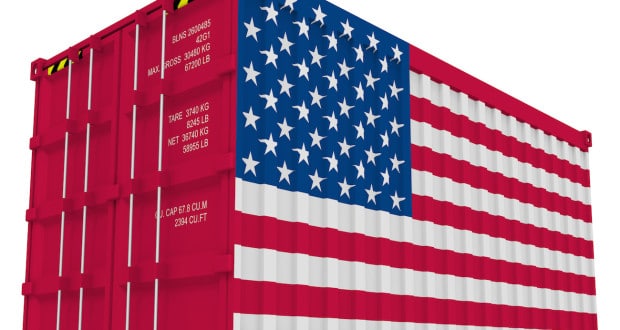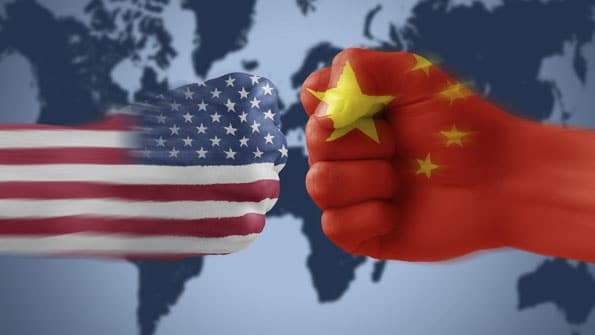Throughout the 2016 election cycle, one of presumptive GOP nominee Donald Trump’s most impassioned – and oft-repeated – promises should he move into the White House next year is the recovery of millions of jobs previously offshored to China, Mexico and elsewhere. Read more
International trade agreements: It is remarkable that the one thing leading presidential candidates of both parties agree is bad is the one thing mainstream economists agree is good. Read more
The concept of “Made in America” is slowly giving way to “Made by China … in America,” as Chinese investors are increasingly snatching up U.S.-based companies and assets and raising the eyebrows of some regulators and market spectators. Read more
The final Chicago-made Oreo cookies rolled off the line Friday, ending the iconic cookie’s decadeslong run of delighting hometown consumers and providing good-paying union jobs on the Southwest Side.
The Chicago plant will continue to make other products, like BelVita breakfast biscuits and Mini Chips Ahoy cookies. Oreo cookies will continue to be made at three other plants in the U.S. — just not at the brick bakery at 7300 S. Kedzie Ave. The shutdown of the Oreo lines is part of Mondelez International’s plan to shift some of its production to Mexico. Last summer the company said it would be laying off about half of the Chicago bakery’s 1,200 workers; many of them are already gone.
Russell Dyer, vice president of global communications for Mondelez, confirmed via email that the end of Oreo’s run in Chicago was Friday but emphasized that the company remains committed to the Chicago plant and production in the U.S. more generally.
“(The Chicago) bakery will continue to play an important role in our manufacturing network, and we continue to invest in capabilities, technologies and infrastructure upgrades,” Dyer said.
That’s little consolation to some longtime employees who’ve seen the workforce dwindle over the years. Herman Owens, 57, worked at the plant for 38 years, following in the footsteps of his father, General Owens, who worked at the plant for more than 40 years. Herman Owens, who retired earlier this month, recalled visiting the bakery as a boy.
“They tasted a lot better to me then than they do now,” Owens said. “I think it’s a doggone shame what they’re doing, shutting down lines and shipping jobs to Mexico. It’s a disgrace.”
Since last summer, the decision to lay off 600 workers and move the lines to Mexico has sparked various union-led protests, lawsuits, a boycott of Mexico-made Oreos and rhetoric on the presidential campaign trail. Last August, Donald Trump vowed to never eat another Oreo because the company is “closing a factory in Chicago and they’re moving to Mexico.”
In interviews since then, Mondelez CEO Irene Rosenfeld has advised the presumptive GOP presidential nominee to get his facts straight.
Members of the Bakery, Confectionery, Tobacco Workers and Grain Millers International Union, which represents the majority of those being laid off, are still working without a contract as the union and the company have so far been unable to reach compromise in contract negotiations. The bakers union has meanwhile mounted a boycott of Mexican-made Oreos and a related social media campaign.
Oreo production in Chicago dates to 1953, making it one of the longest-running facilities churning out the cookies in the Mondelez network of bakeries, said Mondelez spokeswoman Laurie Guzzinati. The cookie was first made in New York City in 1912.
Over the years, the Oreo brand has achieved and sustained enormous popularity worldwide. It sells in more than 100 countries and last year brought in almost $2.9 billion in global sales.
In making the decision, Mondelez executives said they could save $46 million a year by installing the so-called “lines of the future” in Salinas, Mexico, rather than Chicago. The move is in line with Mondelez’s recent efforts to increase margins in its developed markets while pushing for growth in emerging markets.
Mondelez, a $30 billion company, came into existence when Kraft Foods split into two publicly traded companies in 2012. The spun-off North American grocery business, Kraft Foods Group, later merged with Heinz to become Kraft Heinz.
SOURCE: Chicago Tribune
The concept of “Made in America” is slowly giving way to “Made by China … in America,” as Chinese investors are increasingly snatching up U.S.-based companies and assets and raising the eyebrows of some regulators and market spectators. Read more
Travelers staying at any of Marriott’s nearly 3,000 U.S. hotels may notice a little something different in their guest rooms in the coming year. Read more
On February 4, 2016, President Obama signed the Trans Pacific Partnership Agreement on behalf of the United States. The TPP agreement has been in negotiation behind closed doors since 2010 between the United States and 11 other countries around the Pacific Rim: Australia, Brunei, Canada, Chile, Japan, Malaysia, Mexico, New Zealand, Peru, Singapore, and Vietnam. The TPP is a “docking agreement” so other countries could be added without the approval of Congress. India, China, and Korea have expressed interest in joining the TPP.
HIGHER EDUCATION The importance of manufacturing to our economic well-being is not a mystery to the manufacturing industry. But how can we get today’s youth to see the value of a manufacturing career? Read more
The stream of millions of U.S. jobs going overseas has stopped, according to a report from the Chicago-based Reshoring Initiative. Read more
Advanced manufacturing technologies are helping to push the United States back toward being the most competitive manufacturing nation in the world, according to a new survey of global CEOs and other senior executives. Read more
INQUIRIES
Media: PR Department
Partnership: Marketing
Information: Customer Service

